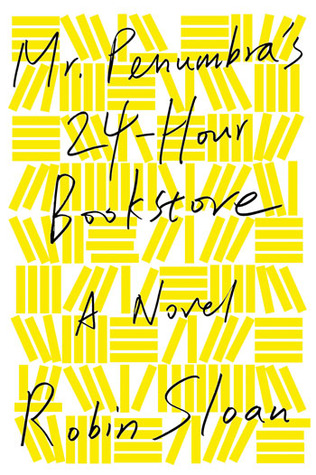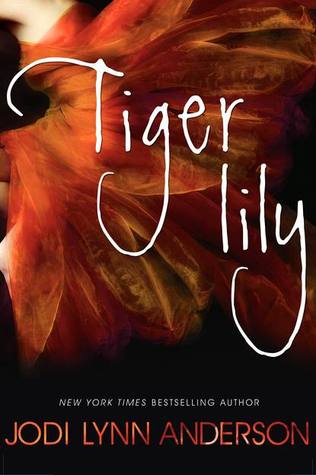I don't usually do in-depth reviews for 3-star reads, but this one had enough interesting plot and structural elements, that I felt like I just wanted to talk about it. So, strap in!
Dr. Rose Franklin never expected herself to be working on a top-secret government operation, piecing together fragments of lost alien technology, found across the globe... then again, she never thought she'd have originally unearthed it so many years ago in the first place! Alongside a team of military professionals, a geneticist, a linguist, and more - including a mysterious and seemingly all-knowing project supervisor - Rose is tasked with reuniting the broken pieces of what just might be Earth's deadliest weapon. Told through the perspective of classified government files, including interviews and personal journal entries, the characters in Sylvain Neuvel's Sleeping Giants awakens not just a long-dormant extraterrestrial power, but the ambitions of those foolish enough to try and command it for themselves.
The book is billed for fans of Andy Weir's The Martian, due to its document-oriented format, lending itself to categorization as intense science fiction realism. However, Sleeping Giants loses a key facet of that book that did so much to humanize its intangible characters: humor.
When you parse out a narrative's components through the fractional viewpoint of a series of external focuses - whether its a journal entry, a back-and-forth interview, etc. - you lose the personal connection of firsthand "experience," whether that's from the external observations of an omniscient narrator, or the deeper internal exposition of a firsthand one. That distance needs to be remedied by a harder-working stylistic or tonal element to bridge the gap, that provides a point of connection, which, for The Martian, was humor. Without that element of outreach, Sleeping Giants, and its occupants, seemed removed and distant, which did not do much to make me connect to the characters or story line.
Perhaps the situation could have been remedied - or at least alleviated - if I was more invested in the characters themselves; unfortunately, the people involved with this alien project were all pretty darn unlikable (or, at least, uninteresting). Had I been more compelled by their stories or viewpoints, I might have been more invested, but instead, it just looks like yet another layer of missed connection with the audience.
(Okay, t-b-perfectly-h, I was kind of interested in one character in the story: the know-it-all interviewer and political master manipulator of the novel, our project's mysterious supervisor, who managed to play every character in this book like a chess Grandmaster. In my head, I cast him as a cross between Agent Coulson from Agents of S.H.I.E.L.D., and the Cigarette Smoking Man from The X Files, which is probably why I liked him.)
In terms of the production element of the format in itself, I felt like there was a lot of clunky exposition overlaid in those interviews. I saw words around various other reviews like "infodump" and "overwhelming," and I agree. Being that you're denied the opportunity as a firsthand observer to witness what something looks like through primary description, I'll give a pass for the extensive detailing of various aesthetic values...but what I won't excuse is the clumsy mishandling of providing backstory or demonstrating personal development. You think I'm going to believe an actual person was willing to say some of that stuff in front of not just a project superior, but also a functioning tape recorder?
Any additional suspense that was supposed to be added by the mysterious epilogue, I'm counting as not-very-effective as well, by sheer presence of one of my least favorite cliches in any story: if the only way you feel like you can cap off an ending is by saying, "We have much we need to discuss," then you didn't do a good enough job generating a conversation I even want to be a part of.
I also think the book summary overall is a little misleading, because I never for a second thought that this story revolved around the project's original scientist, Dr. Rose Franklin. If you wanted to make such a big deal about her having found the original alien component, and then revisiting it as an adult, then you should have made it a big deal... if anything, the book managed to effectively pass it off as mostly coincidence, and then shunted her aside into a stock character role. I understand there might be additional interest generated in the book's sequels towards her, specifically, but I feel like there wasn't enough done to capture focus in the first place.
In total, it took me a couple of weeks to get into this book. So, it was one of my last books of the summer, and, the fifth that I finished this Fall.
Final Verdict: A new and interesting narrative, told through a format which - while wholly appropriate and true to the nature of the story - did little to actively engage the reader. Unreachable characters and intangible plot points did little to bring me in further, and in the end, it just seems like a bit of a wasted opportunity. I'll give it a 3-star for its innovation, in terms of use of format, and in terms of performing technological marvels within the scope of science fiction realism. I'd probably read another book written by this author, but not if it's a sequel.
Have you read Sleeping Giants? What did you think of it? Do you think I'm being too harsh on the narrative style? Let me know, in the comments below!








